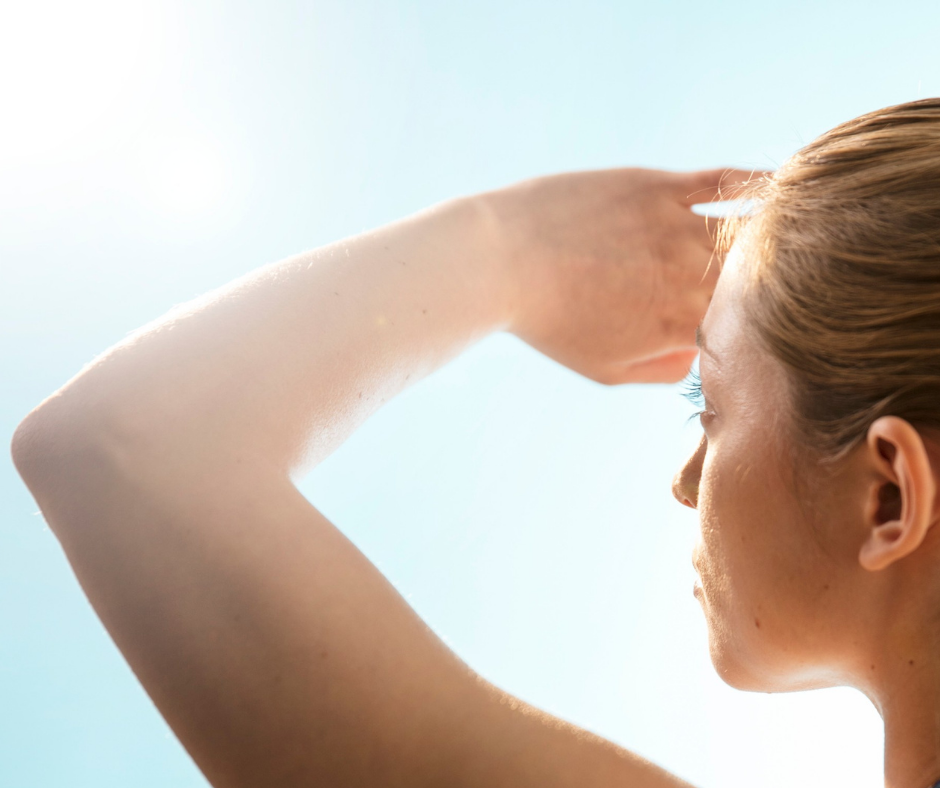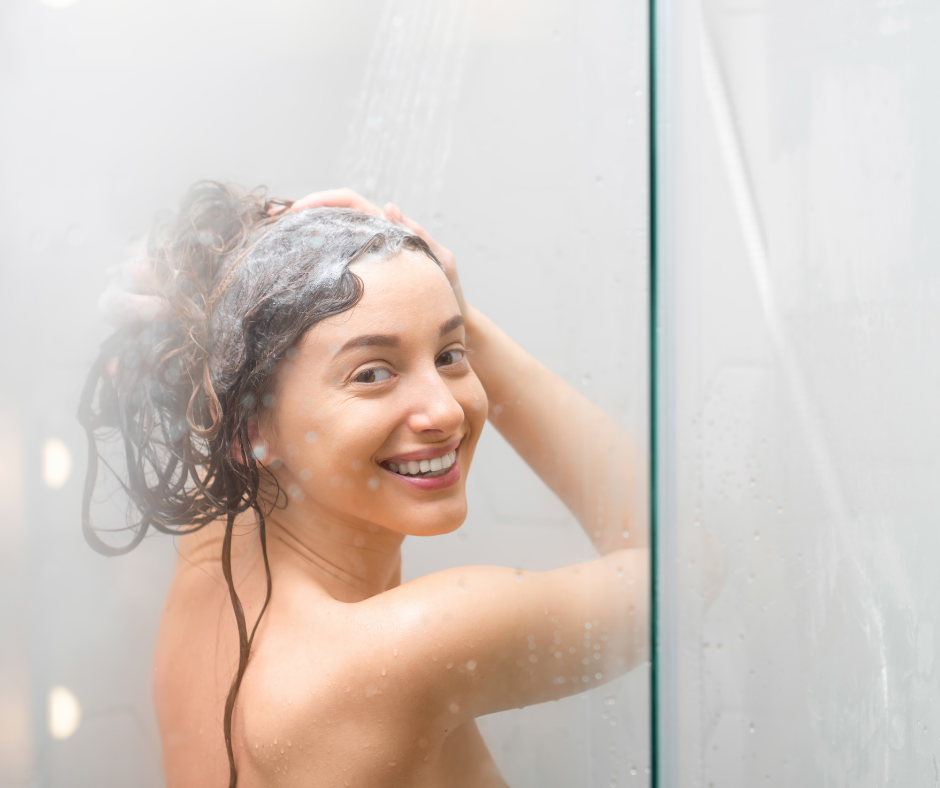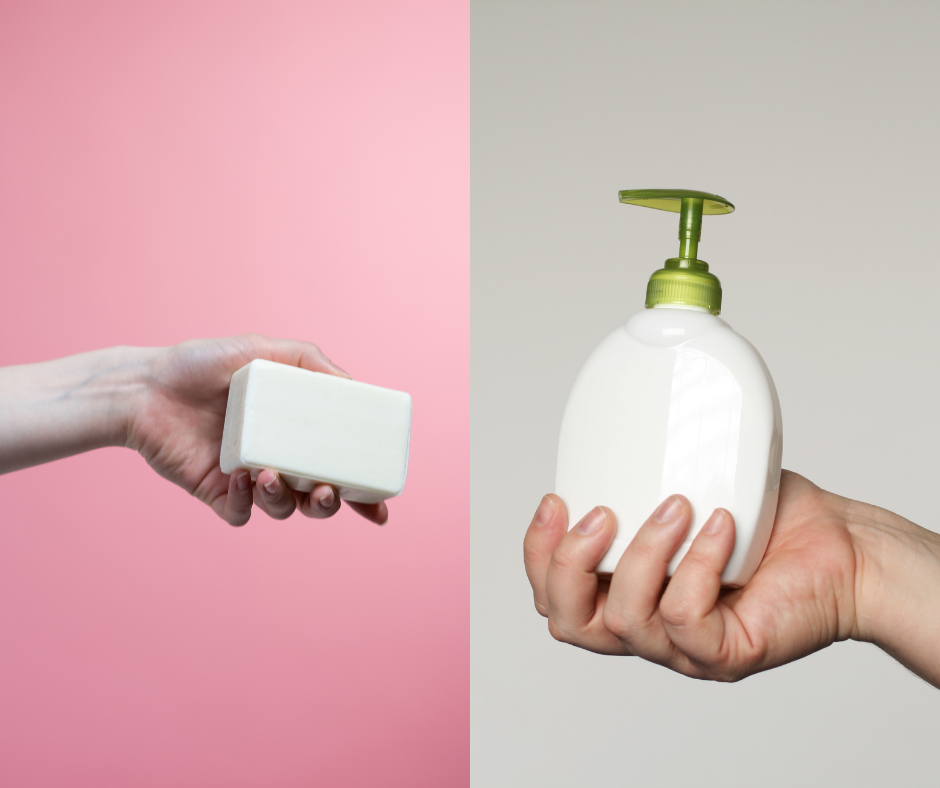With summertime in full force, we are all beginning to feel the effects of the sun on our skin. The intense sun rays can do both good and bad for your overall well being, depending on how much time you end up spending soaking up in the sun. The sun has necessary beneficiaries including improved healing time for the skin, increasing the body’s production of Vitamin D, and even triggers a boost of serotonin, our brain’s “happy chemical.” On the other hand, spending too much time in the sun can lead to premature aging, sun damage, sunburns, and loss of the skin’s elasticity. So what is the sun doing to your skin, and how can you better protect yourself during these sunny months?
The Sun’s Rays

Many of us have heard that ultraviolet rays are the main damagers from the sun that have the most effect on our health. But there are three different types of ultraviolet rays that form an ultraviolet ray and only two that can penetrate the skin's layer, UVA and UVB. UVA is a longwave UV and is the one that people are most exposed to throughout their life, penetrating deepest into the skin, being linked to skin damage including wrinkles, dark spots, and sun damage. UVB contrastingly, is a shortwave UV and is linked to skin damage including sunburn or skin redness.
-
In general, sun exposure can also decrease the skin’s elasticity levels by destroying collagen, a protein that retains the skin’s plump, fullness, and firmness. Overexposure to the sun can also dry out the skin, slow down the skin’s regeneration process, and depletes the skin of vitamins, minerals, and essential fatty acids. Most concerning is the risk of various sun-induced skin cancers, which are typically directly related to prolonged exposure to UV rays in sunlight.
What Should You Do If You Are Getting Too Much Sun?

There are many simple things you can add or change in your everyday routine to protect yourself from all the downsides of enjoying the sun. The first and most important thing you can do before even stepping foot in the sun is properly protecting your skin with a good layer of SPF, reapplying regularly to always have the best level of protection. Wear a hat and some lightweight clothing that can protect your face and body as much as possible without feeling too weighed down.
-
To repair some sun damage that might have already been caused, a few minor skincare changes to your routine can make some visible improvements. Antioxidants are a great addition for the summer as they can protect against sun damage while improving the skin’s repairing abilities to reduce and improve signs of aging and pigmentation. Vitamin C can help protect against damage caused by the sun and brightens and evens the skin’s tone. AHAs will gently exfoliate dried-out dead skin cells and keep your skin moisture levels steady. Always moisturize your skin after being in the sun to prevent the elasticity from decreasing. With uncomplicated changes to make such as these, you can find your skin to maintain that healthy glow all through the summer months.
Cammellatte After A Sunny Day

After a long lazy day in the sun, your skin needs replenishment and hydration. Our natural collection of cosmetics are enriched with soothing oils and vitamins, to provide intense hydration and gently restore the skin's natural moisture balance. The non-greasy formulas of our lotions are quickly absorbed, leaving the skin smooth, soft, and refreshed. Camel Milk is loaded with Vitamin C, perfect for skin recovery after sun exposure. AHA’s naturally abundant in Camel Milk can gently remove dried and dead skin cells while helping to lock in the moisture. Our Camel Milk Face & Body Soap is full of skin-loving ingredients and will rehydrate and nourish your summer skin during the after-sun shower. Camel Milk Body Lotion and Camel Milk Body Butter help to prevent peeling and dryness after a long day in the sun, while renewing the skin’s vitamins and minerals levels. Camel Milk Foot and Hand Cream are formulated with soothing Aloe Vera and Green Tea Oil, packed with antioxidants and increased healing properties. Always free of sulfates, parabens, phthalates, mineral oil, formaldehyde, and synthetic fragrances to refrain from causing the skin any further damage.
-






